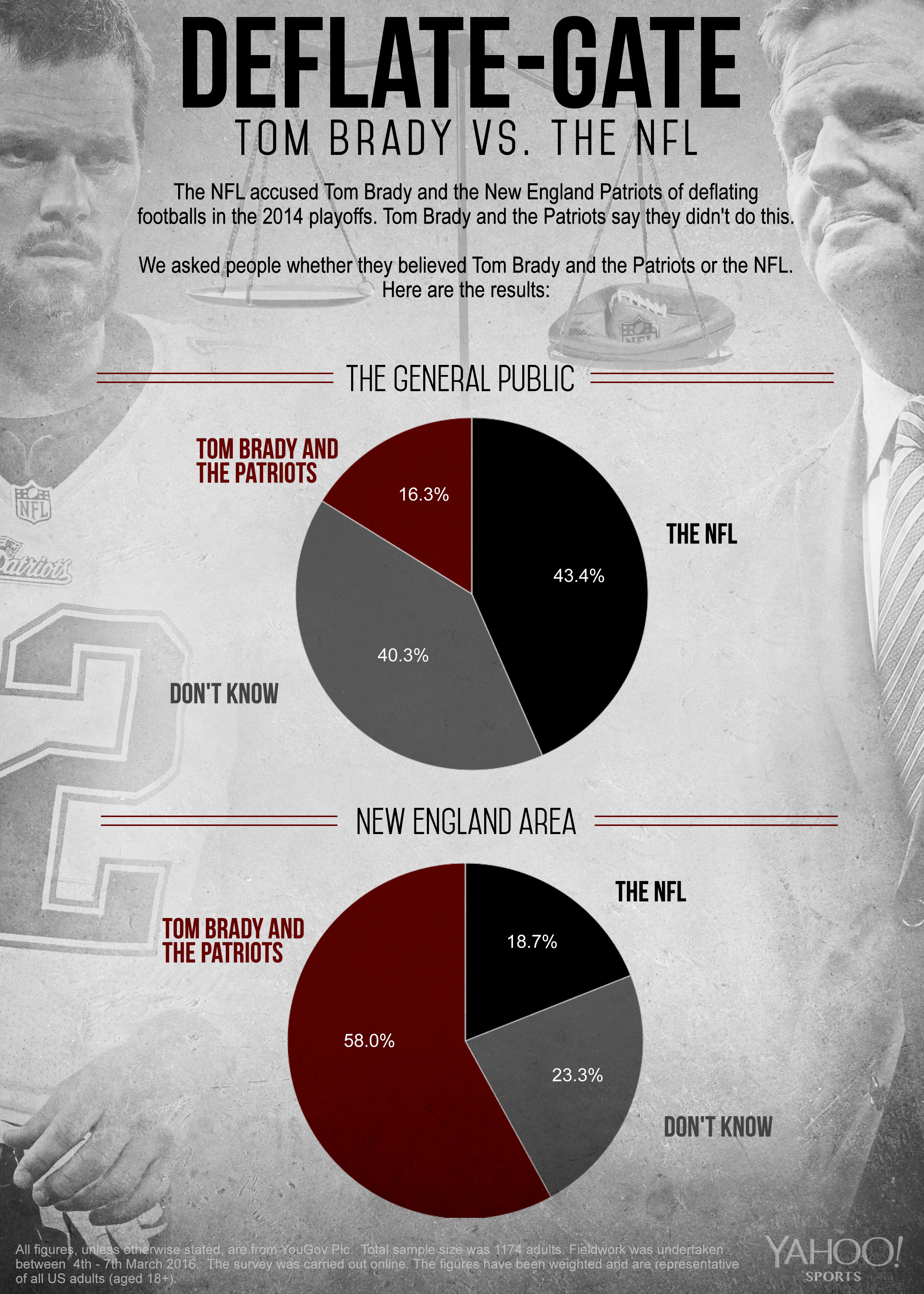Evidence and Belief
You might wonder why humanity hasn’t made significant action towards our energy and climate problem.
- It could be that folks do not understand the science very well.
- It could be that the implications of the science conflict with our values and beliefs and we disregard the science.
- It could be that interested parties are deliberately publishing
material meant to confuse citizens and cast doubt on scientific
consensus.
- “Anger and fear is what gets people to the polls. The real opposition is the media. And the way to deal with them is to flood the zone with shit.” – Advisor to a US President
Terms
- Motivated Reasoning
- a bias in reasoning to preserve existing beliefs or identities
- Biased Assimilation
- selective acceptance and retention of new information
- Confirmation Bias
- seeking out information consistent with prior beliefs
- Disconfirmation Bias
- increased skepticism of information inconsistent with prior beliefs
- Implicatory Denial
- a bias in belief because of the implications of that belief
- Identity Protective
- cognitive biases that protect existing identities and social groups
- Science Cognition
- theory that differences in opinion stem from the level of math and science knowledge
Motivated Numeracy Question
Researchers asked the questions:
Do folks with higher degrees of scientific ability accept science more readily?
Does our minds desire to protect our existing beliefs reduce our acceptance of new data?
Motivated Numeracy Result
People with higher science and math ability were more likely to get math problems wrong when they conflicted with their beliefs.
This suggests that science education is not the key to climate change acceptance but rather understanding human psychology.
Team-Based Epistemology
Evidence is emerging that our processing of new scientific knowledge (epistemology) is strongly influenced by our existing beliefs and our social groups (team).
Deflategate
In the 2014 NFL playoffs evidence emerged that Tom Brady and the Patriots deflated footballs to give themselves an advantage.
The percentage of belief in the innocence of Brady and the Patriots was different for New England residents compared to the nation.

The majority opinion of one of these two groups must be wrong.
Identities
We have evidence of the importance of several identities in the formation of our energy preferences.
- Political Identity
- Gender Identity
- Racial Identity
Polling Data
Polling shows strong differences of opinion on climate science and the honesty of scientists according to political party.
The majority opinion of one of these two groups must be wrong.
Pelosi and Gingrich Video
There was recently bipartisan support in the US congress for climate change policy. Why do you think this has changed?
Guarding against bias
How will you guard against misinformation when it is designed for your mind?
- Remember that internet companies have a very good idea of what you believe through what you choose to read.
- Evidence suggests that curiosity about scientific truths and a willingness to be wrong reduce the effects of bias and denial in human thinking.
- What should you do to encourage open-mindedness and curiosity in your thinking?
- What is the most deeply held belief you are willing to admit you might be wrong about?
- How do you make sure you have a diverse information diet?
Terms
- Misinformation
- Bad information that isn’t necessarily malicious.
- Disinformation
- Bad information with the intent to deceive.
- Lying
- Bad information with the intent to deceive.
- Propaganda
- Biased or misleading information used to promote a political agenda.
- Fake News
- Originally, completely invented news stories mostly written to make a profit.
Implicatory Denial
If we accept that our climate is becoming more violent and that human emissions are the cause several implications emerge.
- The free market has failed and will produce an enormous economic loss
- International cooperation and collectivism will be necessary
This mechanism is likely at play in resistance to the idea that America, proportedly egalitarian, suffers from problems of racism and bias.
Doubt and Scientific Debate
In “Merchants of Doubt”, historian Naomi Oreskes catalogs how corporations engaged in campaigns to confuse the public about the science of tobacco, global warming, and other issues.